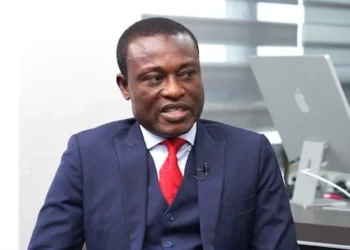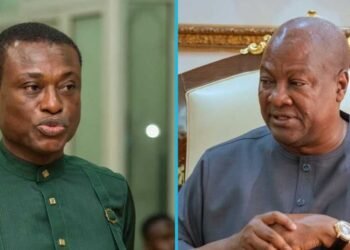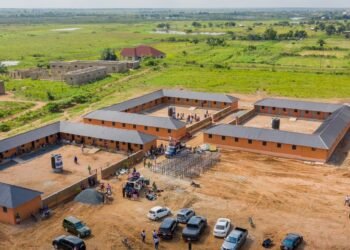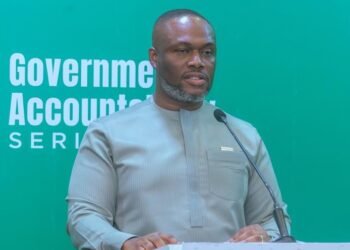Communities across the Garu, Bongo, and Bawku West districts in Ghana’s Upper East Region have commended the Ghana Center for Democratic Development (CDD-Ghana) and the United Nations Development Programme (UNDP) for spearheading a project that is enhancing local governance and strengthening community trust.
The initiative, titled “Enhancing Social Cohesion and Social Contract through the Empowerment of Women and Youth in Three Northern Regions of Ghana,” is being implemented by CDD-Ghana in partnership with RISE-Ghana, CARO, and SIMBA Ghana.
Funded by the UN Peacebuilding Fund through UNDP and the United Nations Population Fund (UNFPA), the project seeks to tackle the root causes of localised conflict and vulnerabilities to violent extremism.
By prioritising community-led development, inclusivity, and direct engagement with district-level governance structures, the programme is fostering social cohesion in a region historically affected by insecurity and political marginalisation.
“As Assembly Members, one of our greatest worries was the difficulty in convening our constituents and addressing demands outside our mandate.
“Through the radio programme, we’ve seen a significant shift constituents now reach out proactively to engage us”
Hon. Nyaaba Elvis, Assembly Member for Bongo-Feo

One of the central pillars of the project has been its strategic communication drive. Radio programmes and social media outreach have provided a platform for Assembly Members and local government officials to disseminate relevant data, including insights from the District League Table and service delivery assessments.
These efforts have not only expanded access to governance information but also “rekindled public trust in local institutions.” The deliberate use of data has strengthened the voice of citizens while compelling duty-bearers to respond more transparently.
Bridges Between People and Government
Another key intervention has been the facilitation of community town hall meetings across all three districts. These platforms have become effective avenues for dialogue between technocrats and ordinary citizens.
“Given the remote location of the district assembly, we rarely had the opportunity to engage departmental heads. Seeing them all present and listening to our concerns has made us feel genuinely involved as citizens”
Abugre Amina from Kupela in Bawku West
The inclusive nature of these gatherings – drawing participation from women, youth, elders, and local leaders – has not only promoted transparency but also fostered mutual understanding between governance actors and the communities they serve.
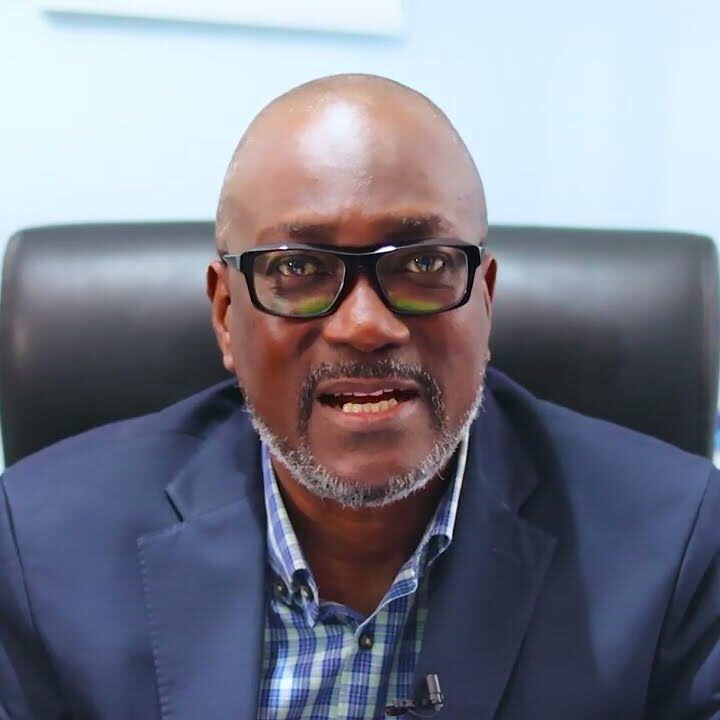
A revitalised youth engagement agenda is also at the heart of the initiative. Through the establishment and activation of District Youth Parliaments, young people are now participating in community governance and playing vital roles in promoting peace.
The Garu District Youth Parliament, which had previously been dormant despite being backed by legislation, has now been reconstituted with support from the project.
This reactivation has enabled cross-ethnic and cross-political dialogue among youth leaders, empowering them to respond collectively to the threats of insecurity and extremism.
Creating Future Local Leaders
The mentorship component of the initiative has focused on preparing women and youth to take up leadership roles within their communities.
Seasoned professionals from politics, civil society, and the private sector are mentoring participants on how to effectively navigate the challenges of local governance.
“Many aspiring Assembly Members have been discouraged by unrealistic expectations and social pressure. Joining the mentorship programme has clarified the workings of local governance and inspired us to contribute to its success”
Adam Sakina, Youth Mentee from Denugu, Garu District.

The mentorship model has proven instrumental in building confidence, deepening political knowledge, and countering the isolation that often prevents marginalized groups from participating in governance processes.
According to the Ghana Center for Democratic Development (CDD-Ghana), the project exemplifies how context-sensitive, community-based approaches can reduce the appeal of extremist ideologies and strengthen democratic participation at the grassroots level.
The organisation, along with its partners, reaffirmed its commitment to fostering resilience in communities exposed to insecurity and exclusion.
With sustained support from the UNDP, UNFPA, and the UN Peacebuilding Fund, the project continues to enable inclusive governance by equipping local actors with the tools, networks, and knowledge to become champions of peace and accountability.





